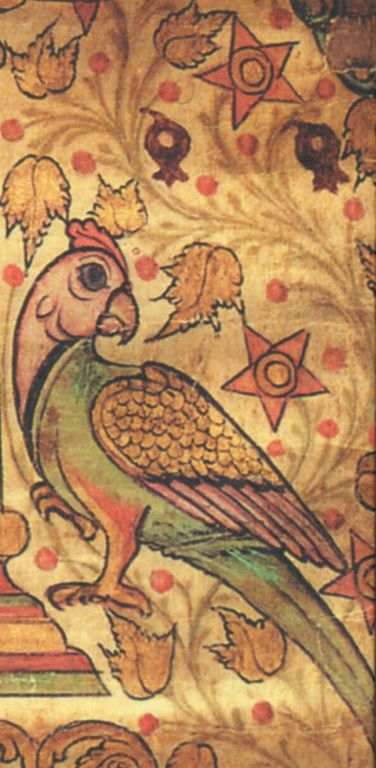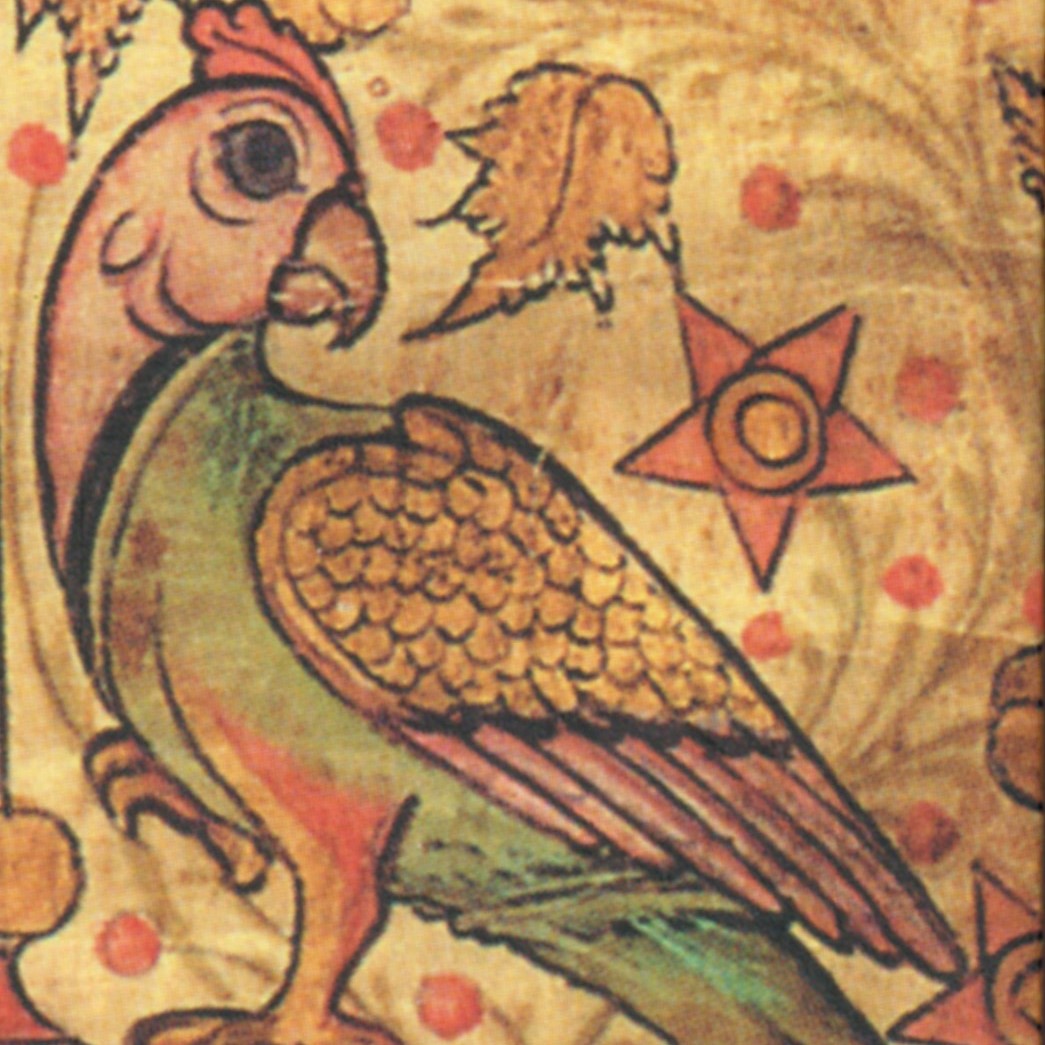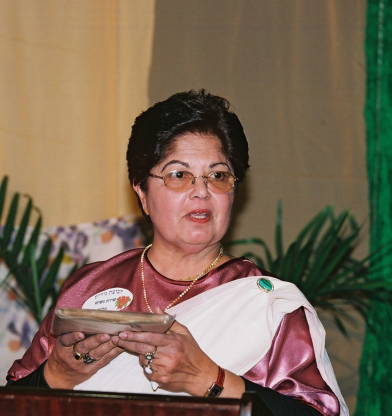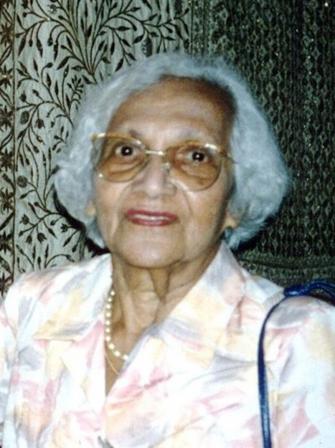2002/ 1977
18. Our Food
The introduction to songs 18–20 is available here.
18a. Rahel Kala, Venus Lane, Simcha Yosef. Recorded at NSA studio, June 9, 2002. CD track 31; I-18.
18b. Sarah Cohen, Seema Salem, Ruby Hallegua. Recorded by Barbara Johnson, Kochi, 1977; IV-3.
Ūņu namakku tarunnavaně
Ūņḍu niṟaññu ñān vāstaveņaṃ—vāstaveņaṃ
1. May the One who feeds us evermore be blessed.
Your food we have eaten till we're satisfied.
Ruler of the world, Tambiraně,
You feed all the world—You Who provide
Food in abundance for all who live,
You feed us forever, always without fail.
You open Your hands with generosity.
With Your loving kindness shower us, we pray. Shower us, we pray.2. We praise You for Siyon; we praise You for the land
You gave to our ancestors: those who came before,
And for redeeming us from out of Egypt’s land
And placing on our bodies the covenant sign.
For all of these blessings, I am praising You.
Your holy name be blessed for all eternity.
Over Your kingdom may You always reign—
A kingdom abiding in prosperity, in prosperity.3. Oh, may we forever dwell in that land,
In the eternal Yerushalayim,
The place of the Temple, the place of Siyon.
For our sake fulfill this, O Father, we pray.
Grant us the coolness of festival days.
Grant us a world that has no hate.
May David return and may he be blessed;
In good Yerushalayim may he be blessed. May he be blessed.4. For the joy of those assembled, we ask of You
To raise up Siyon, raise it up high.
Gather us, Your servants, together, we pray,
So that in the Temple we all may serve.
With twice three times goodness may we be blessed
And always remain in happiness.
O Master of good health, grant me shalom.
Master of good health, grant devotion to me. Please grant it to me.5. Please bless this house and its wealth and this feast.
Please bless everything that they own
So that, like the table of our Father Abraham,
They may shower blessings day by day.
Bring the Messiah as soon as can be,
And the rebuilt Temple please let us see.
Strength You give to us, and stability.
Blessed with shalom may Your People always be, may they always be.6. Oh bring us to the land, Lord Tambiran.
Send to us goodness, Almighty One.
Send to us redemption, Tambiraně,
And for our bodies, send us good health.
As soon as can be, send to us the Man;
Send us the one whom we are waiting for.
Raise those who are buried under the ground.
Please do not forget them, Lord Tambiran. O Lord Tambiran.
Though not a strict Malayalam translation of the Hebrew grace after meals (Birkat haMazon), “Our Food” echoes many of its phrases, and it directly incorporates into the Malayalam text a number of Hebrew terms: shalom; Siyon (Zion); Mashiyah (Messiah); shulḥan (table); and two terms for the Temple, heikhal and mikdash. The blessings requested for the family hosting the feast include a request that their table continue to welcome guests, as did the table of Father Abraham.
Looking for Kerala Jewish touches, in the last line of stanza 4 we translate a puzzling phrase as “Master of good health,” with the possibility that it may incorporate the Portuguese term “saude” (“good health”), which is corrupted to “savode” in a toast offered at the table by Paradesi Jews on ritual occasions. In stanza 3 the term “coolness” may be applied to “good days” (interpreted by Ruby Daniel as equivalent to the Hebrew “yamim tovim” or festival days) in the same sense that coolness is a feature of Shabbat in song 67 (“The Coolness of Shabbbat”).
Gamliel offers different interpretations for some of these phrases. She also notes that this Malayalam song portrays redemption as a matter of delight, in contrast to the sense of rescue from distress conveyed in some parts of the Hebrew blessing (2005, 205).
“Our Food” is one of the most widely distributed Kerala Jewish songs, found in at least eighteen notebooks from all the communities with preserved notebooks. Not surprisingly, it is performed with different melodies, depending on the performers and the occasion. The 2002 recording transcribed here was sung to a Kerala melody for the popular Shabbat piyyut Yom Zeh leYisra’el (’Areshet 1980, 246). Miriam Daniel from Kadavumbhagam-Kochi sang it to an entirely different tune in 1977 (NSA tape Y1350:0033). Three Paradesi women (Sarah Cohen, Seema Salem, and Ruby Hallegua) used two melodies when they recorded the song in 1977; they identified both tunes with the celebration of a brit milah. The source of their first melody (shared with songs 19 and 20) has not yet been identified, but the second (also shared with song 19) is the Hebrew piyyut for circumcision Berukhim ’Atem (’Areshet 1980, 327).







